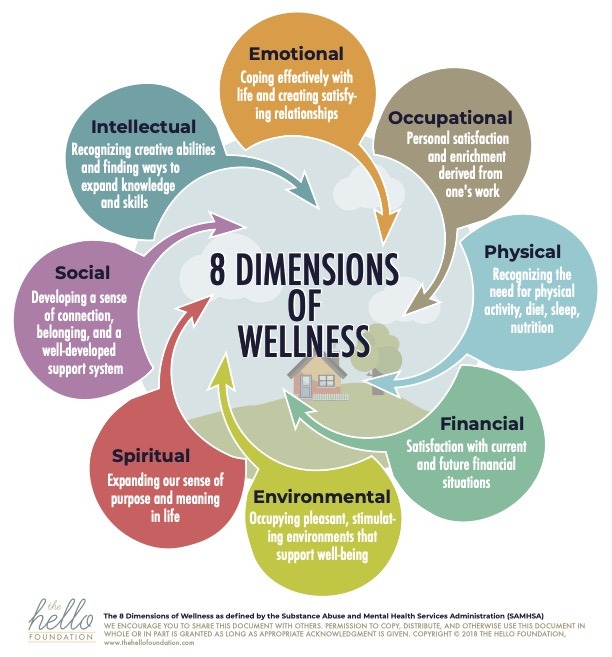I believe school staff and clinicians are the heroes of the world. Nurturing, teaching, and supporting students throughout their educational journey is an amazing and noble endeavor. This work requires that we give and give all year, but we do this knowing that we can replenish during the summertime. However, in conversations with many school staff over the last two years, this typical “replenishment” has not occurred, and as a result, many of us feel overwhelmed and exhausted. Enter the concept of surge capacity.
Surge capacity refers to the natural human system we draw from during a crisis. At the beginning of the pandemic, most people handled the high-stress situation well, as is natural for humans in these types of short-term scenarios. But that’s just it: this is no longer short-term. It has been two long years of unpredictable ups and downs that have required an extraordinary amount of adaptation, flexibility, and resiliency. The pandemic has used up all of our surge capacity (and then some), and our cups are empty. The Giving Tree was one of my favorite books growing up. But re-reading it in recent years has forced me to see the unhealthy relationship between the boy/man and the tree. The tree gives to the boy until the tree has nothing left to give. Similarly, this is how our school staff are feeling now. They have given all their resources to their students, family, and community, and are completely empty.
There is a fantastic re-imagining of this beloved book by playwright and screenwriter Topher Payne, in which the tree sets healthy boundaries that are respected by the boy/man and they both live happy and fulfilling lives. This is the model for what we as school staff and administrators should be doing during this time when we are feeling the limits of surge capacity. We need to urge each other to set healthy boundaries so that we can build back our capacity to help the students we serve. One easy way to do this is to focus on the 8 Dimensions of Wellness as defined by the Substance Abuse and Mental Health Services Administration (SAMHSA):

8 Dimensions of Wellness
- Emotional: Coping effectively with life and creating satisfying relationships.
- Spiritual: Expanding our sense of purpose and meaning in life.
- Intellectual: Recognizing creating abilities and finding ways to expand knowledge and skills.
- Physical: Recognizing the need for physical activity, diet, sleep, and nutrition.
- Environmental: Occupying pleasant, stimulating environments that support well-being.
- Financial: Satisfaction with current and future financial situations.
- Occupational: Personal satisfaction and enrichment derived from one’s work.
- Social: Developing a sense of connection, belonging, and a well-developed support system.
If one or more of these areas is not being fulfilled, remember the adage “one cannot pour from an empty cup” and spend some time figuring out how you can fill that particular cup. If we all shift even a little bit of our focus onto our own mental, physical, and emotional well-being, we will be able to provide the highest quality service to the students we serve.





